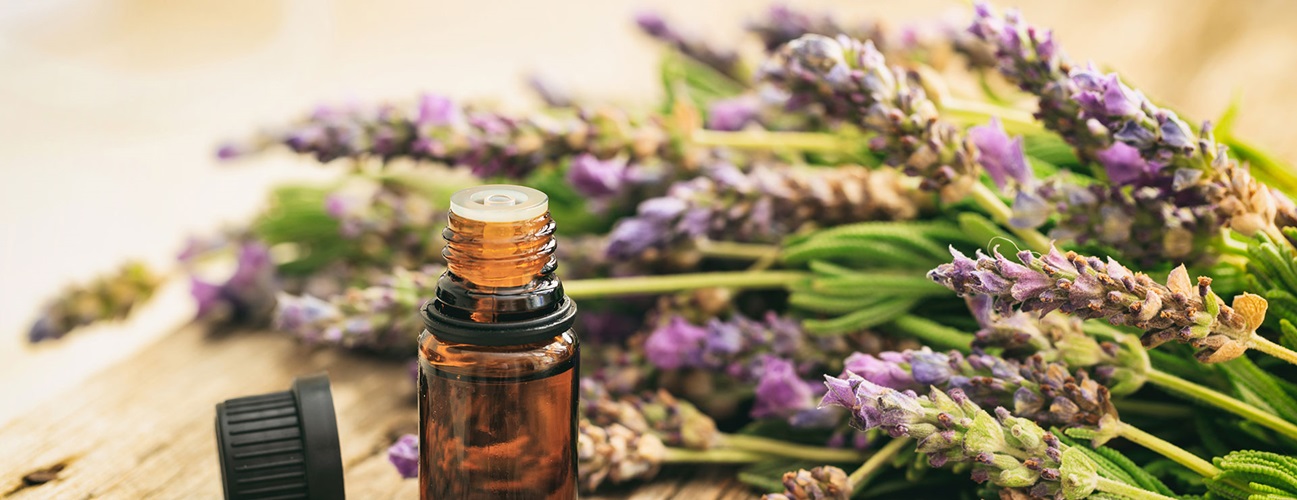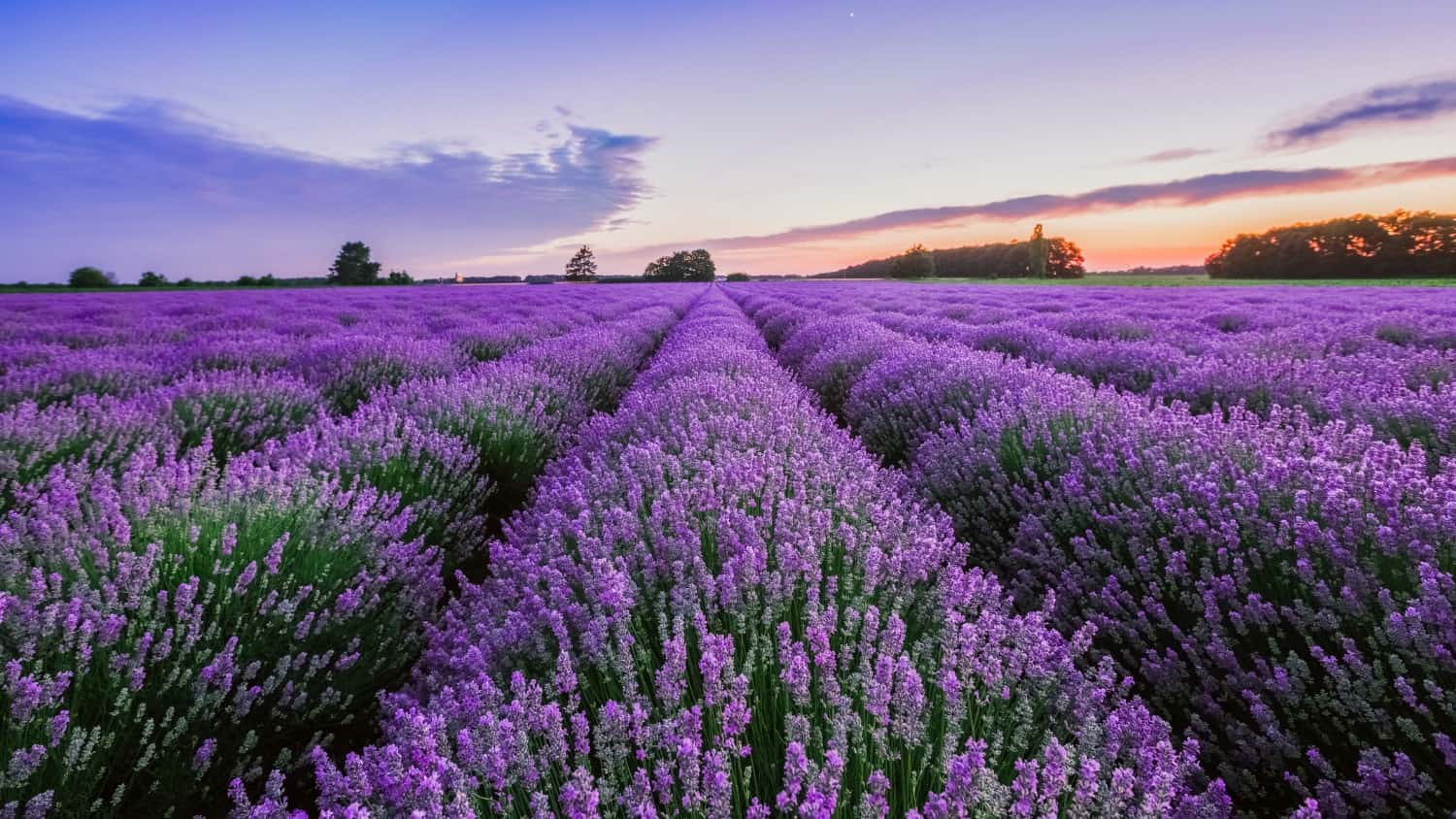
Lavender is well-known for its fragrant blooms and calming purple hues, but this versatile plant offers much more than aesthetic appeal. For centuries, lavender has been valued for its health-enhancing properties. Whether used in teas, oils, or even culinary dishes, lavender provides a range of benefits that support both physical and mental well-being. Adding a few lavender plants to your landscape will help you utilize these benefits.

One of the most popular uses for lavender is its ability to promote relaxation and reduce stress. The scent of lavender is often use in aromatherapy to calm the mind and alleviate anxiety. Studies have shown that inhaling lavender essential oil may lower heart rate and blood pressure, healping you unwind after a busy day. Adding a few drops of lavender oil to your bath or diffuser can create apeaceful atmosphere in your home.

Lavender’s soothing effects extend to sleep health. Many people use lavender oil or sachets placed under their pillow to encoourage restful sleep. research suggests that lavender can improve sleep quality by increasing slow-wave sleep, which is the deep restorative phase of the sleep cysle. If you struggle with insomnia or restles nights, including lavender in your bedtime routine might be a natural remedy worth trying. Add dried flower buds into pillows either directly or by placeing a sachet or pad into the pillowcase. Spritz your pillows and lines with an essential oil mixture considting of water, lavender essential oil and either witch hazel or alcohol. Brew a cup of lavender tea and enjoy it before bedtime.

Lavender has natural antibacterial and anti-inflammatory properties, making it a popular ingredient in skin care products. It can help soothe irritated skin, reduce redness, and promote healing of minor cuts and burns. Lavender oil is sometimes used to manage acne due to its ability to combat bacteria and lessen inflammation. Always dilute essential oils before applying to the skin to avoid irritation.
Lavender may also help relieve pain. Topical application of lavender oil has been studied for its effectiveness in reducing headaches, muscle soreness, and joint pain. Its calming aroma and gentle analgesic properties can make it a useful addition to massage oils or warm compresses.
Lavender can support digestive health as well. Drinking lavender tea may help alleviate symptoms of nausea, stomach upset, and indigestion. The plant’s compounds can relax the muscles in the digestive tract, leading to less discomfort and bloating after meals.
Lavender contains antioxidants that help protect the body from free radicals—unstable molecules that can damage cells and contribute to aging and disease. Regular consumption of lavender, whether in herbal teas or culinary dishes, can offer a gentle boost to your overall health.

From calming nerves to improving sleep and skin health, lavender is a powerhouse plant with a long history of wellness benefits. Whether you grow it in your garden, use its essential oil, or enjoy its flavor in teas and recipes, lavender can be a simple and natural way to support a healthier lifestyle. Consider adding this fragrant flower to your landscape. Make it a part of your daily routine and experience its soothing effects for yourself!
